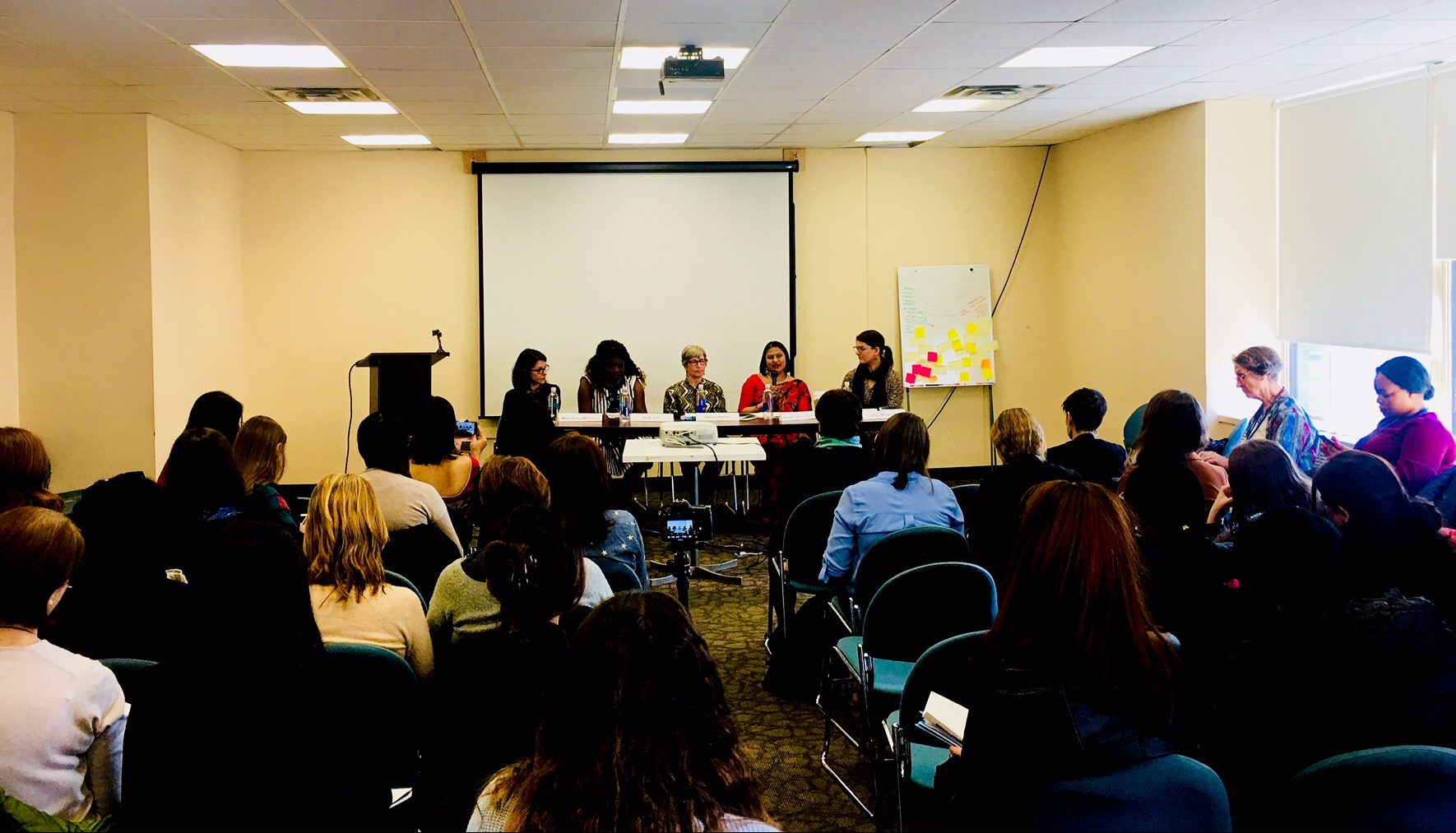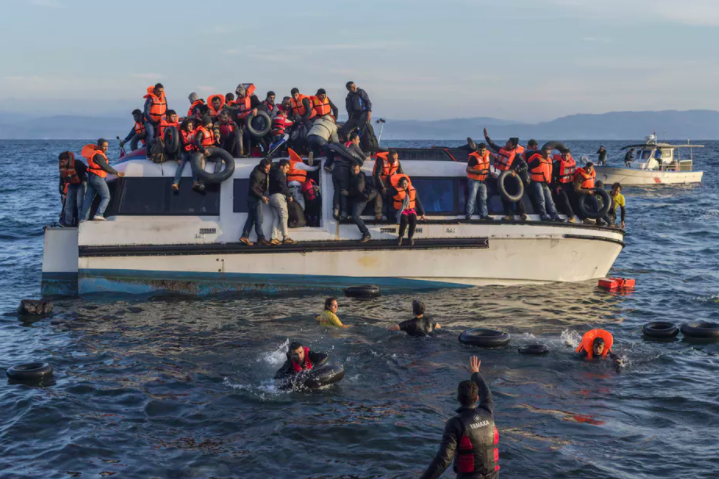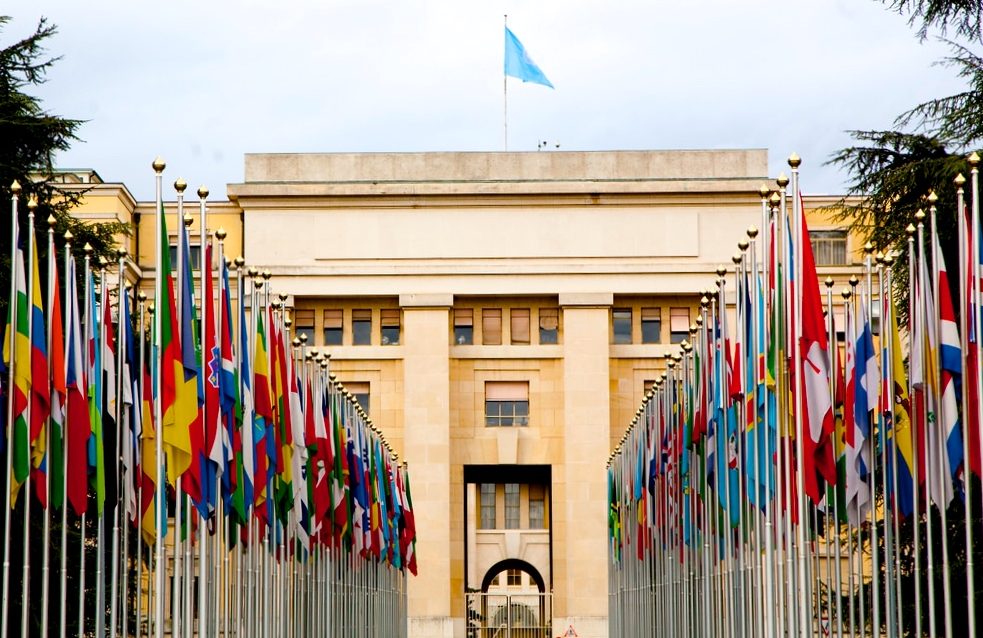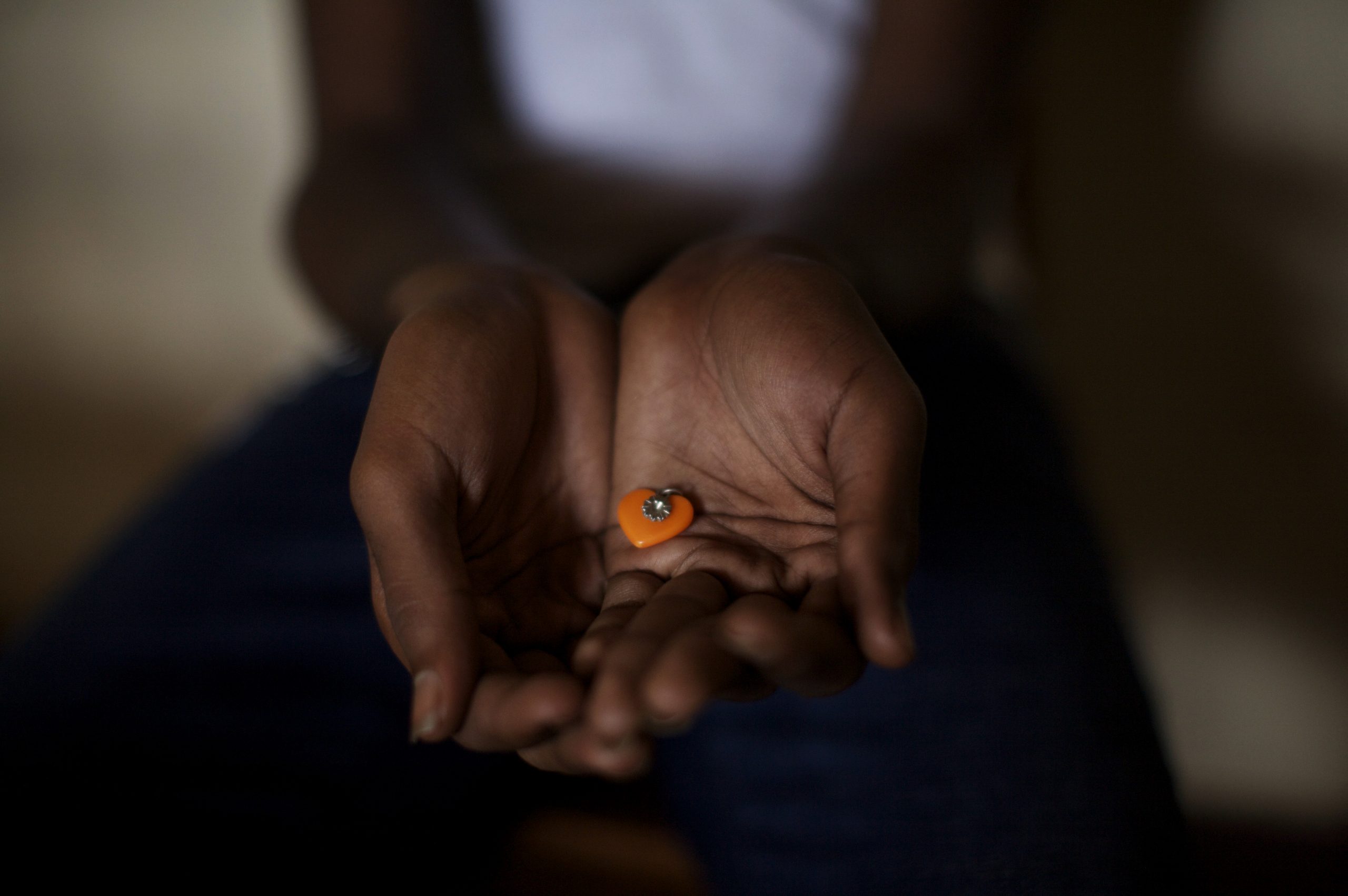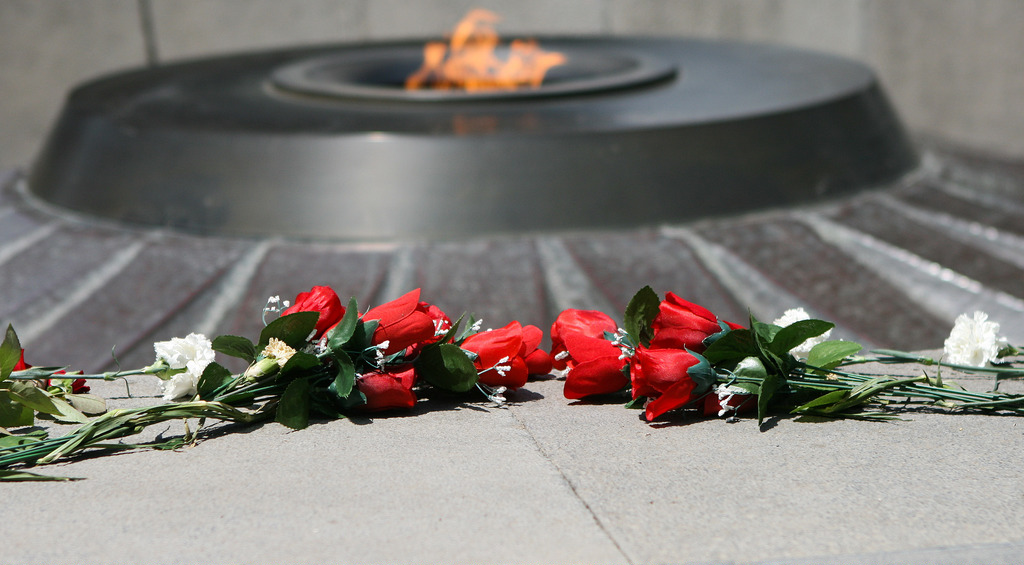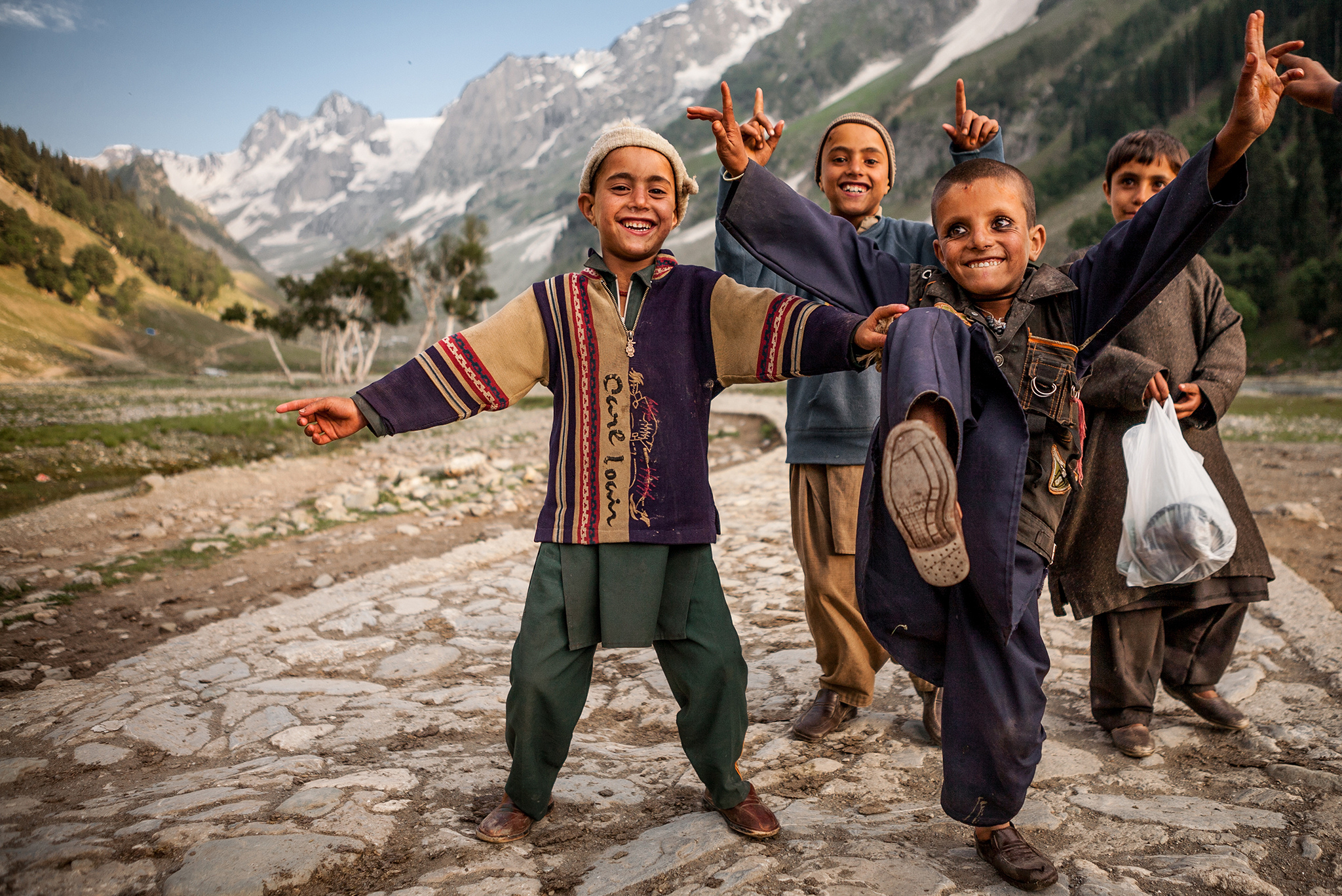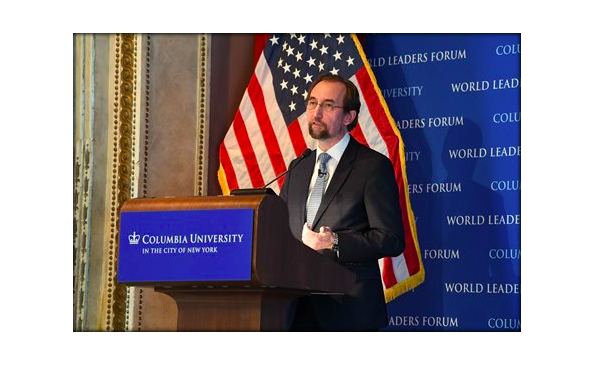
Taming the Bull: Can Global Finance ‘Save’ Human Rights?
The global financial system has long had a public image problem.
In the United States, Wall Street has become virtually synonymous with greed, power, and ruthlessness, a reputation turned into American lore by a long line of iconic films and insider tales. From the eponymous "Wall Street" starring Michael Douglas in 1987 to Leonardo DiCaprio’s 2013 role as Jordan Belfort in "The Wolf of Wall Street" and the dark story behind the 2008 financial collapse in "The Big Short," finance has been cast as the epicenter for the self-interested and corrupt.
David Kinley, chair in Human Rights Law at the University of Sydney, however, sees an opportunity to leverage Wall Street, and its international counterparts in London, Tokyo, Hong Kong and Geneva for the benefit of international human rights and social justice, a chance for finance to shed its bad reputation and become a positive force for socioeconomic impact.
Kinley, an expert member of high-profile London law firm Doughty Street Chambers, spoke...

